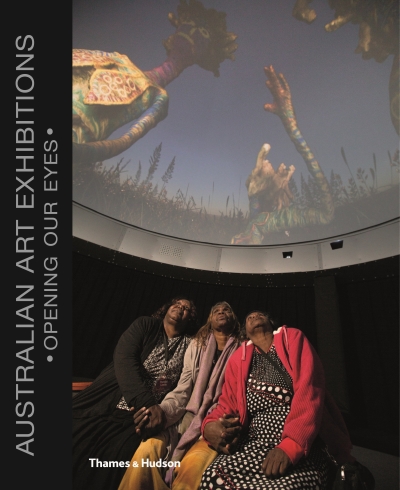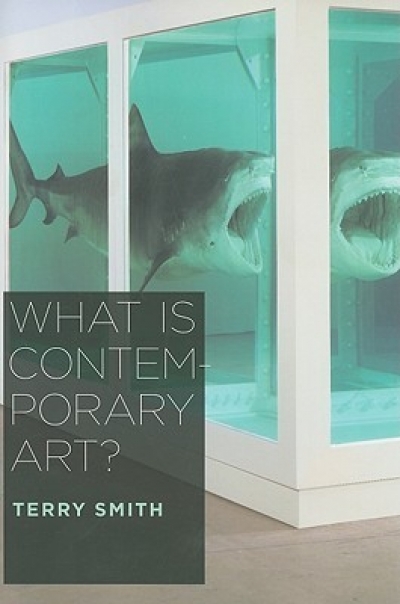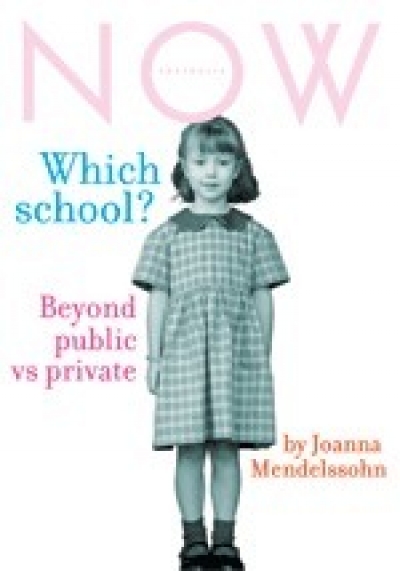Joanna Mendelssohn
Australian Art Exhibitions: Opening our eyes by Joanna Mendelssohn et al.
by Ron Radford •
Calling for a revolution in higher education
Dear Editor,
In his victory speech on 24 November 2007, Kevin Rudd reaffirmed education as a key priority for the future of this country. We believe that a true education revolution must include a new wave of higher education reform - reform that will redress the imbalances that have characterised the sector of the last decade or more. Such reform should redirect resources back into the core university activities of teaching and research. We urge immediate attention and commitment to the following:
... (read more)Which School?: Beyond public vs private by Joana Mendelssohn
by Ilana Snyder •



